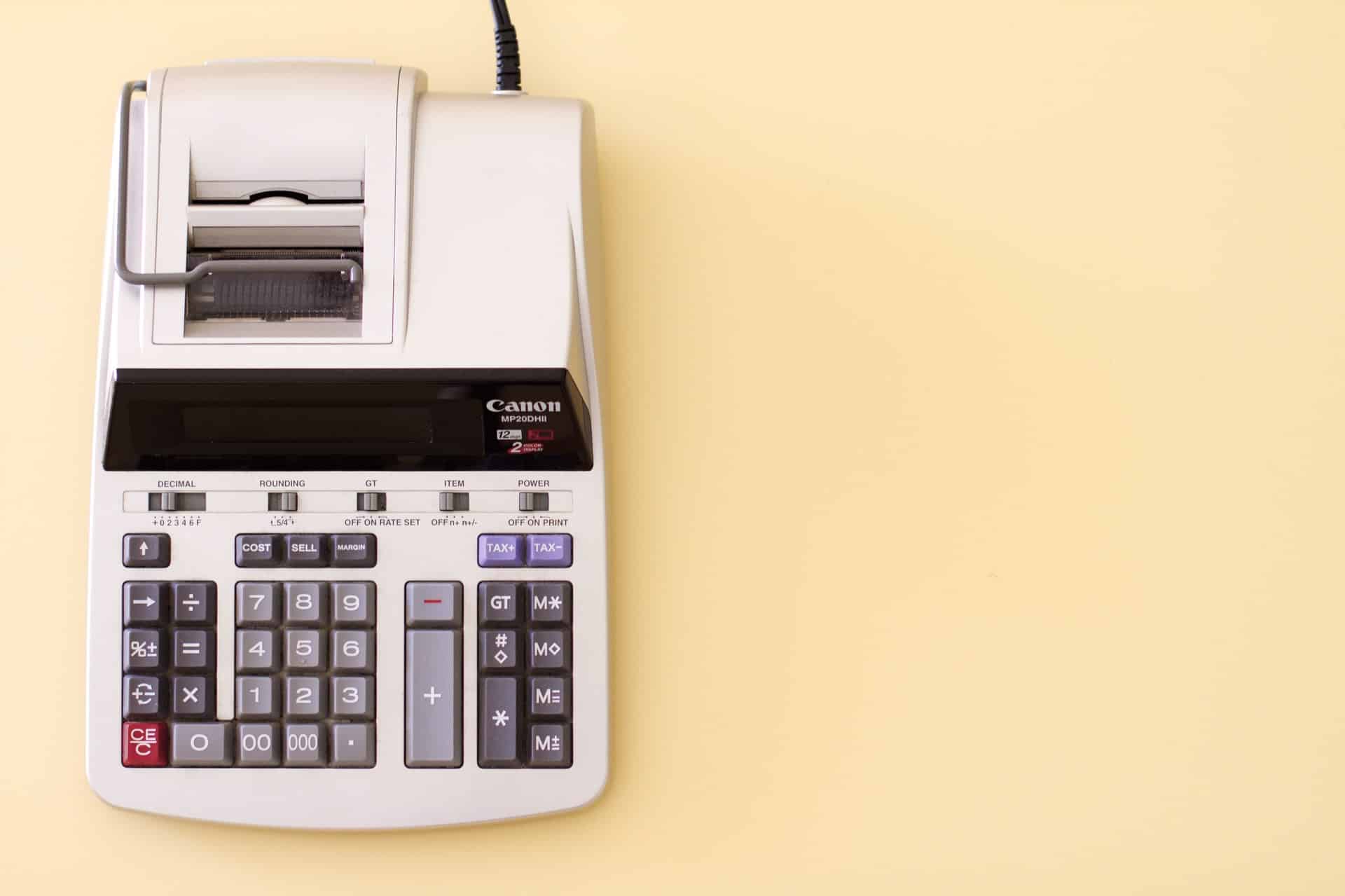When you are planning to start a company, funding is the major aspect that needs your attention. Without funds, you won’t be able to succeed much. And, by now you must have looked into several options to finance a new retail business and might have decided on one or two. But you need to pick the ones that suit your purpose.
The funds must be drawn based on your current needs and the stage at which your business is currently. So, before taking any major decision about finances, it is always wise to consult qualified professionals.
The biggest challenge that you face as an entrepreneur is choosing the method of funding. But luckily, when it is about opening a new retail business, there are a plethora of funding options available to choose from.
Here are some of the easiest approaches broken down for you.
Table of Contents
Understand What Funds You Will Need
Before you step out to procure financing for your new retail business, you must be very clear about the amount of money you will require. Calculate your funding requirements. Your financial needs will depend on a lot of factors and you will be able to figure them out only if you have a business plan with you.
Here are the factors that you need to consider while calculating your needs to finance a new retail business:
- The amount of money that will be needed for renting the retail space and other utilities. The fund on average must be enough to pull the space for two years at a minimum
- The cost of the inventory
- The amount required for the store renovations will also include the display fixtures and their purchases
- The cost of paying the employees and the workforce
- The cost of technologies like the POS systems and CRMs
- The insurance that the space and inventory need to have
- The cost of marketing and advertising
To get a hands-on estimation of your funding needs, you can also carefully calculate your burn rate. This rate will determine how fast you are spending or exhausting the funds.
If you do not know about the amount of money that you are going to generate each month, you can just calculate this based on your monthly expenses. You will get to know the timeframe at which your business can operate before hitting zero dollars in the account. You must secure enough funding based on this calculation to help you last for 12 to 18 months.
Free Download: MoreBusiness.com's Sample Retail Business Plan →
Consider External Investment
Outside investment may include funds coming in from family and friends. They might be willing to contribute to your business venture, and it is an extremely lucrative offer. This is because the interest that they will charge on the loan will be much lower than what banks or other investors charge.
Though the venture is less common in cases of retail businesses, you can also go in for crowdfunding. The aid might be coming in from your business or the community. You will have an upfront knowledge about what stake each investor has in your business.
Explore Self-Financing
You might also be in a position to finance a new retail business yourself with the capital that you already have. But before you decide to go alone in the venture, there are a few aspects that you need to consider. If you are having any other recurring expenses like student loans, mortgages, or some other outstanding debts, you should avoid this option.
Also, think about the number of employees you will be having and how will you be paying them. You will also need a salary for yourself and understand how much is it going to be.
Apply for Small Business Loans
Small business loans are the best ways to finance a new retail business upfront. There are multiple financing solutions available with the credit unions, online lenders and banks and this will help you grow your business in a better way. You can leverage the existing relationships that you have with your banks, online lenders or credit unions. You also need to keep a check on a few factors when applying for the small business loan.
First of all, understand your requirements if it is going to be short-term or long-term. Next, when do you need to pay it back and how much is the interest on it. How easy is the application process and what is the fund disbursement time? After you have gathered all the necessary information, go for the financing. The most common types of small business loans are the Business line of credit loan, Equipment financing loan, and term loan.
Go for the financial institutions that will give you funds quickly without much documentation. They offer lower interest rates and their repayments are also easier. This will help you secure a good credit score while you grow in your business.
Apply Through SBA
Another popular way of getting the funds is by applying through the SBA (Small Business Administration). This is a great resource to learn about the available loan options and you can get easy information on the application process. The most common SBA loan is the 7(a) loan which is typically a long-term loan. It’s a good alternative to explore if you are facing difficulty in securing a traditional business loan from a bank.
When it comes to finance a new retail business, the struggle is real. But with a range of flexible financing options readily available today along with the right planning and knowledge, you can easily work things out.










